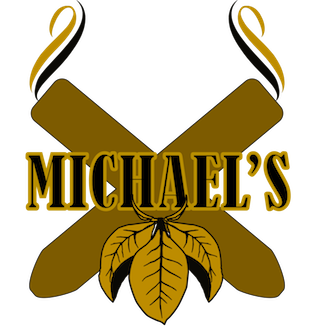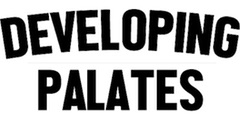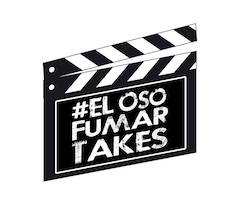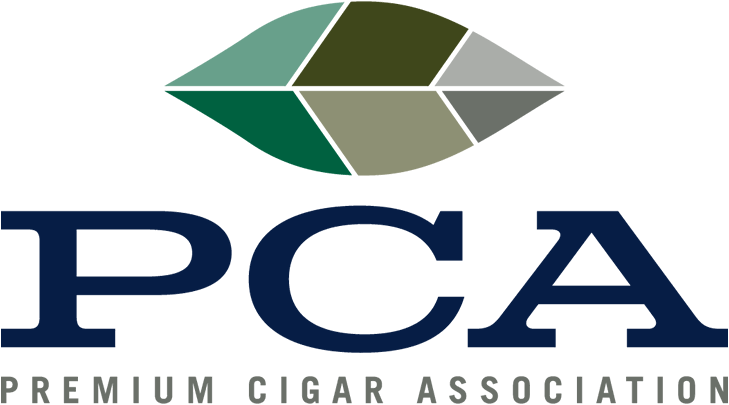
An update on the Maryland Internet Internet Cigar Sales ban:
This past May 1st, a pretty significant restriction went into effect in the State of Maryland. Simply stated – cigar enthusiasts in Maryland will no longer be able to purchase cigars on the internet.
The comptroller Peter Franchot received over 800 calls, letters, and emails complaining on this. After receiving the complaints, Franchot came out and said he did not want to enforce the ban of internet sales of premium cigars.
This past week a letter was released indicating that he will refrain from enforcement of the law until the Maryland legislature votes on this.
A couple of points on the letter:
- This does not indicate the law has been repealed. It just means that the Comptroller’s office will not enforce the current law (so its a little ambiguous to say the least). I’m not inclined to call this a victory over the Pleasure Police as of yet – just a step in the right direction.
- This most likely shows the calls, letters, and emails have had an impact on this letter. I’m sure a lot of this communication indicated how cigars are a different item. This is reflected in the text of the letter text stating: “these are unique, high-end products that are customarily sold within a community of aficionados. These products typically are not sold at convenience stores and other general retail outlets. Moreover, it is not uncommon for consumers to desire a particular brand of cigar that isn’t readily available at local specialty shops.“
I will keep on top of this story as more developments occur.
Here is the text of the letter:
Dear Concerned Citizen:
Please be advised that effective immediately, the Office of the Comptroller will temporarily defer enforcement of the online sales ban on premium cigars, as defined in Business Regulation Article 16.5-101 (p), until the Maryland General Assembly has had an opportunity to consider legislation that would permanently repeal the ban.
As you may know, Comptroller Franchot expressed a preference to take this action –which would apply as well to telephone and mail orders of premium cigars –in a June 13 letter to the presiding officers of the legislature. His authority to do so was confirmed by a June 20, 2011 letter from the Office of the Attorney General, which states that “the Comptroller is fully empowered with the discretion to enforce or decline to enforce the online sales ban against buyers of premium cigars.”
As you may know, the online sales prohibition was a provision of House Bi1l 88, which was passed and signed into law in 2010, with an effective date of May I, 2011. This legislation was introduced as a response to, and a remedy for, the widespread incidence of tax avoidance and illegal sales activity associated with “other tobacco products” (OTP), which includes cigars, little cigars, pipe tobacco, chewing tobacco and moist snuff. The legislation established a long-overdue process for licensing those who distribute and sell these products in Maryland. Since this legislation was modeled to a large extent after existing cigarette statutes, it also included a prohibition on Internet sales.
It was not until this new law had been enacted that we were made aware of an unintended consequence -the ban on the online sale and distribution of premium cigars. Contrary to the other products that are included in the statutory definition of OTP, these are unique, high-end products that are customarily sold within a community of aficionados. These products typically are not sold at convenience stores and other general retail outlets. Moreover, it is not uncommon for consumers to desire a particular brand of cigar that isn’t readily available at local specialty shops.
Simply put, our concerns about the illegal trade practices that motivated the introduction and passage of House Bill 88 are not pertinent to premium cigars, but it is the consumers of these products who are unintentionally, and disproportionately, affected by this provision in law. It was based upon his longstanding commitment to the principle of consumer choice, and his desire to devote the finite resources of his agency to far more critical priorities, that Comptroller Franchot has pursued this temporary stay of enforcement.
However, our concerns that these products have routinely been sold in the State of Maryland without the appropriate collection and remittance of taxes are wellfounded. In order to ensure a climate of tax fairness for Maryland-based businesses, and to ensure that the State of Maryland receives the revenue to which it is entitled, I must remind you to exercise due diligence in remitting the appropriate sales, use and orp excise taxes resulting from the sale of these products.
Finally, it is worth restating that this is simply a temporary stay of enforcement. It is Comptroller Franchot’s hope that the legislature will enact a remedy that will permanently restore consumer choice in this area, while ensuring that we have the tools to collect the taxes owed. Should the General Assembly have an appropriate opportunity to do so, and choose instead to leave the terms of the current legislation intact, our office will once again act to enforce the letter of the law.
Should you have any questions about this action, or need additional information, please do not hesitate to call.







